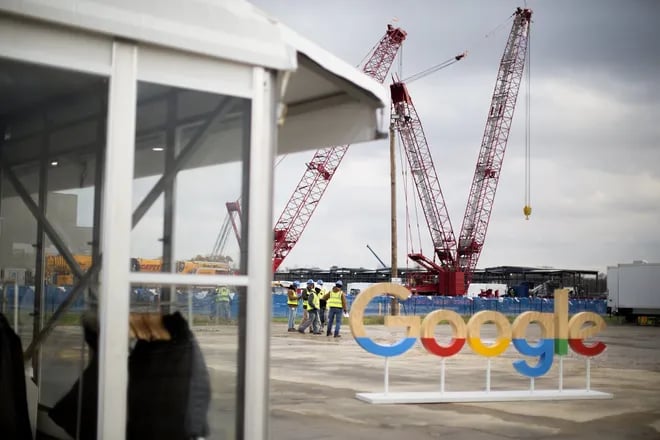Google Launches Fund to Modernize and Improve Ohio’s Electric Grid
Improving Ohio's Electrical Grid
NEWS
1/9/20252 min temps de lecture


Google Launches Fund to Modernize and Improve Ohio’s Electric Grid
In a bold move that signals growing private-sector interest in state-level energy infrastructure, Google has announced the creation of a new fund aimed at modernizing Ohio’s electric grid. The initiative was unveiled on January 9, 2025, and will involve partnerships with business leaders and public officials throughout the Buckeye State.
A New Era for Ohio’s Grid
Google’s fund will target three core goals:
Reducing electricity costs for low-income residents
Improving the reliability of the power grid
Supporting workforce development in Ohio’s energy sector
While specific projects and dollar commitments have not yet been finalized, the tech giant’s involvement brings considerable visibility and momentum to Ohio’s ongoing energy transition.
Why Ohio?
Ohio’s strategic location, industrial capacity, and growing energy demands—especially from data centers, manufacturing, and high-tech industries—make it a high-priority region for grid improvements. Google itself has made significant infrastructure investments in the state, including data center facilities that depend heavily on resilient, affordable, and sustainable electricity.
By stepping into the grid modernization space, Google is not only securing its operational future in the state but is also likely positioning itself as a key player in shaping how the Midwest tackles aging infrastructure and rising electricity costs.
What’s Next?
While details on the size and scope of the fund remain forthcoming, conversations are expected to begin in earnest with state policymakers, utility executives, and community stakeholders. The fund could serve as a catalyst for:
Smart grid deployment
Microgrid pilot projects
Investments in clean energy and storage
Apprenticeship programs in the energy trades
Rate relief programs for vulnerable Ohioans
The Bigger Picture
Google’s announcement underscores a larger trend: the growing convergence of big tech and public infrastructure. As artificial intelligence, electrified transportation, and digital services demand more power, companies like Google are recognizing that their future hinges on a modern, resilient grid.
This fund could also align with federal priorities and leverage Department of Energy programs or Infrastructure Investment and Jobs Act (IIJA) grants to amplify its impact. With the right partnerships and policy support, it could mark a pivotal shift in how states like Ohio manage and modernize their energy systems.


